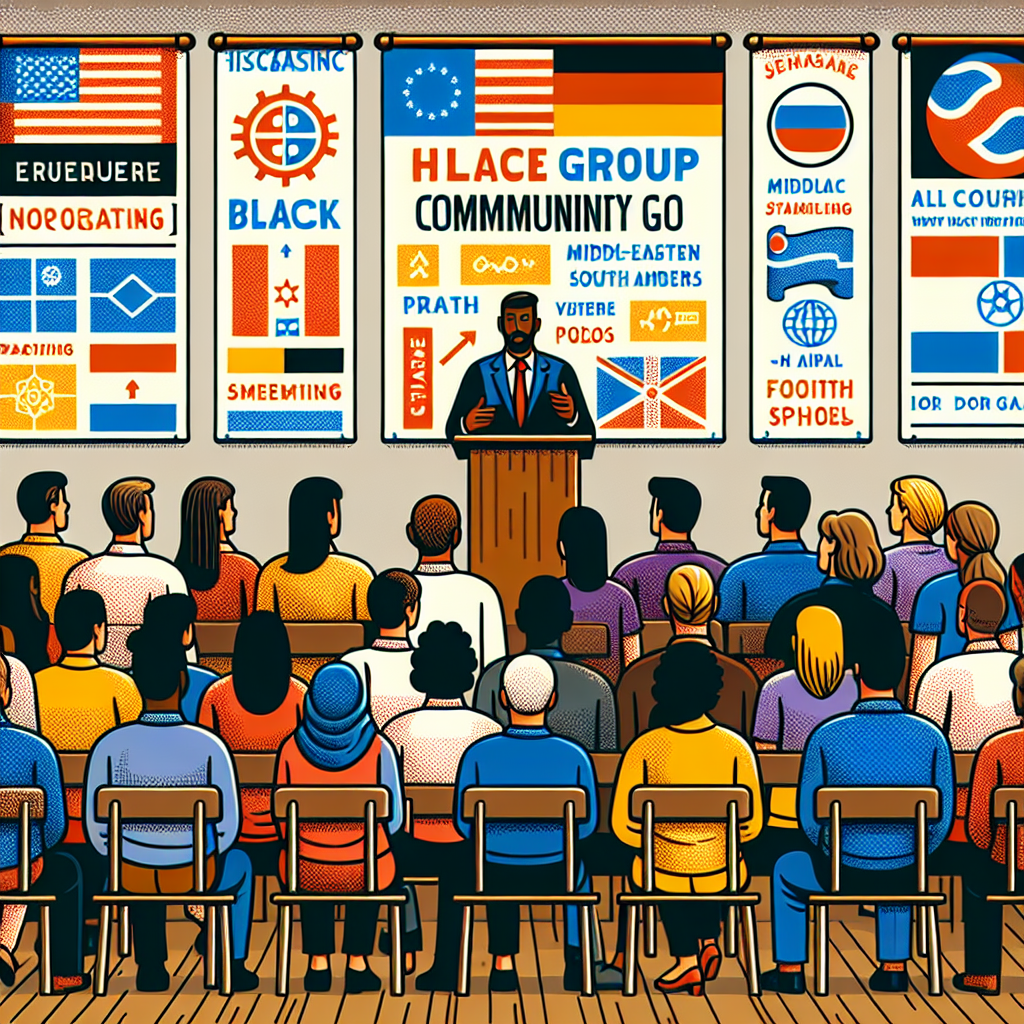Debate Rekindled: The Legacy of RSS in India's History
The conversation around Rashtriya Swayamsevak Sangh (RSS) was reignited after Prime Minister Narendra Modi praised its historical contributions. Congress, however, highlighted Sardar Vallabhbhai Patel's past critique linking RSS to Mahatma Gandhi's assassination atmosphere. The debate underscores enduring perspectives on RSS's role in India's socio-political landscape.

- Country:
- India
The Rashtriya Swayamsevak Sangh (RSS) has once again become a focal point of political discourse in India. Prime Minister Narendra Modi recently acclaimed the RSS's role in nation-building during a centenary celebration, igniting reactions from the opposition.
Congress leader Jairam Ramesh took to social media, pointing to historical criticisms made by Sardar Vallabhbhai Patel about the RSS's activities potentially fostering the tragic environment leading up to Mahatma Gandhi's assassination. Ramesh publicized extracts from a 1948 letter where Patel expressed concerns about the RSS's influence on national security.
While Modi emphasized the RSS's contributions to India's struggle for independence, Congress countered with Patel's warnings against communalism. This ongoing debate reflects the enduring complexity and divisive narratives surrounding the RSS in India's political and social history.
(With inputs from agencies.)
- READ MORE ON:
- RSS
- Modi
- Patel
- Gandhi
- Congress
- nation-building
- controversy
- history
- politics
- India
ALSO READ
Congress Criticizes PM Modi's Silence on Gaza Crisis Amid Global Tensions
Controversy Erupts Over Bihar Voter List Revision
Rumbles in Haryana Congress: Leadership Appointments Stir Dissent
Punjab Congress Launches 'Vote Chor, Gaddi Chhod' Drive with Signature Campaign
Controversy Erupts Over RSS Centennial Stamp and Coin










